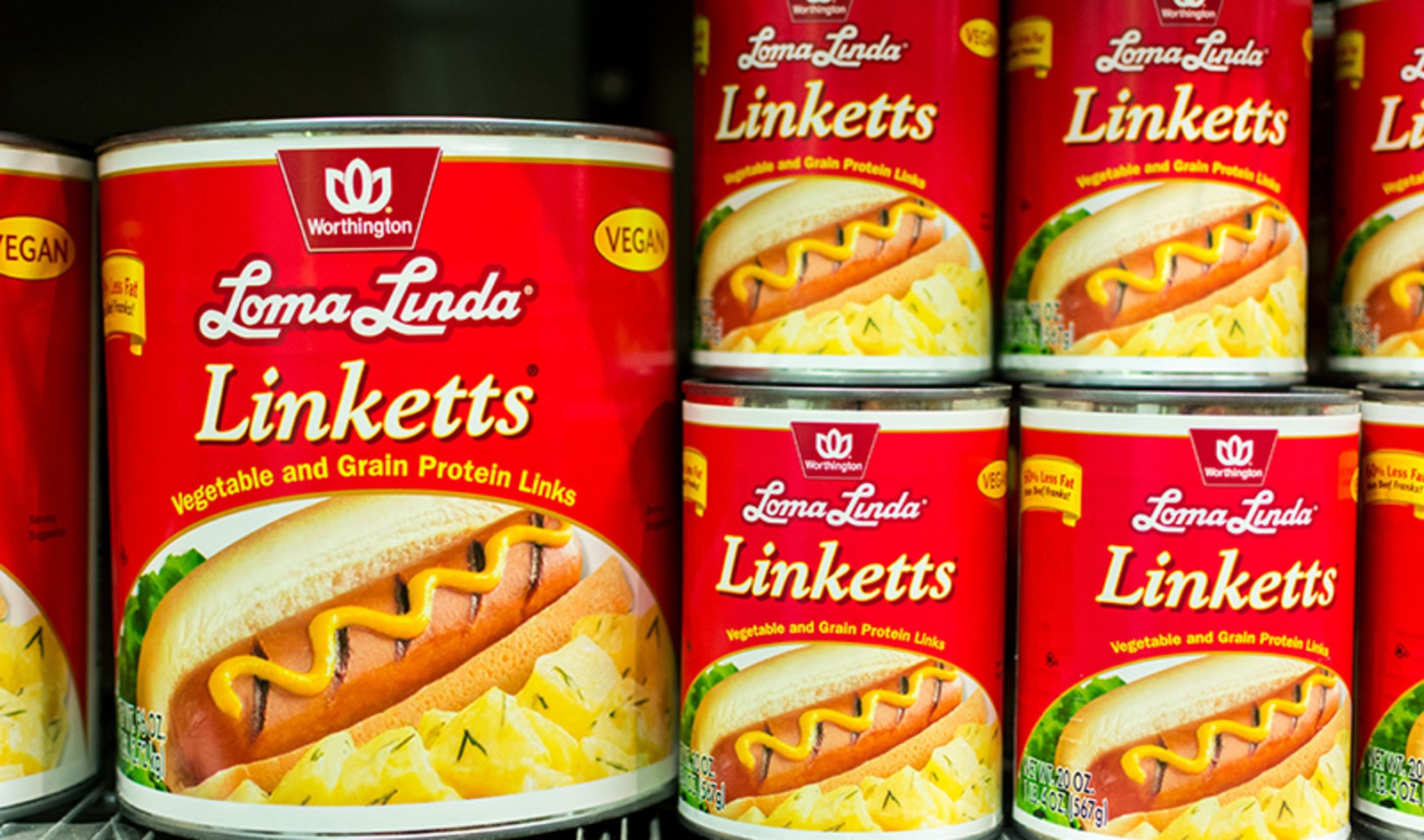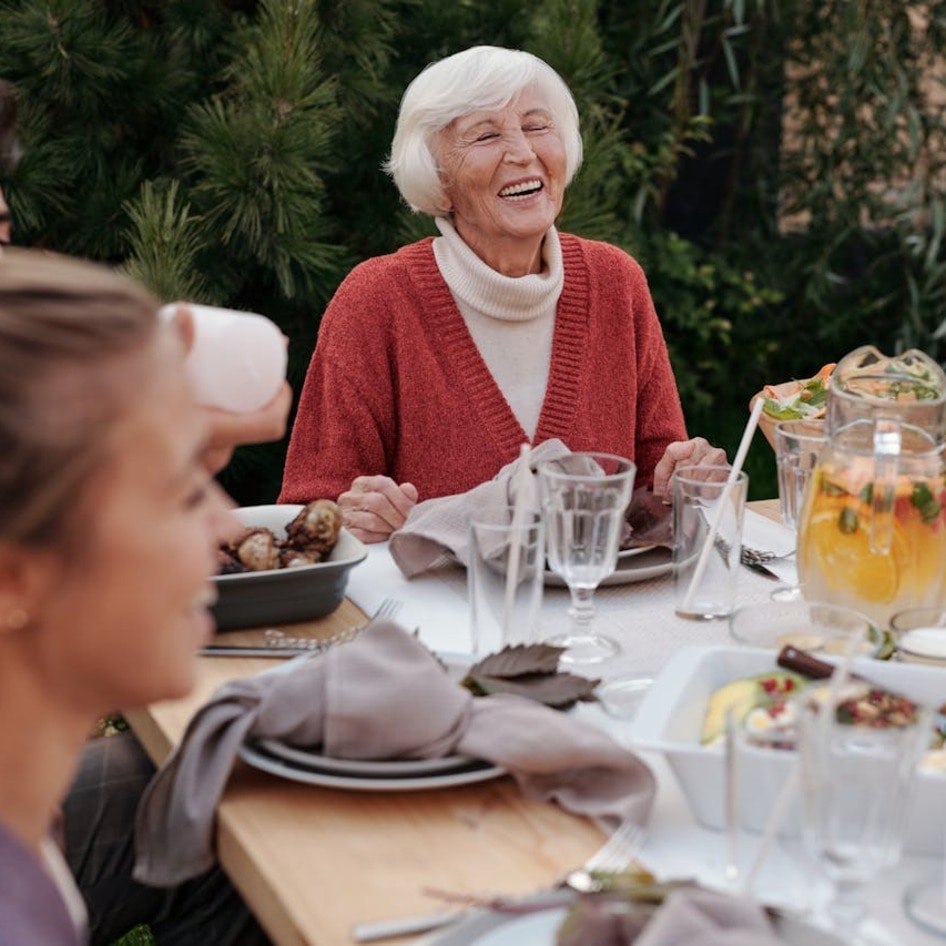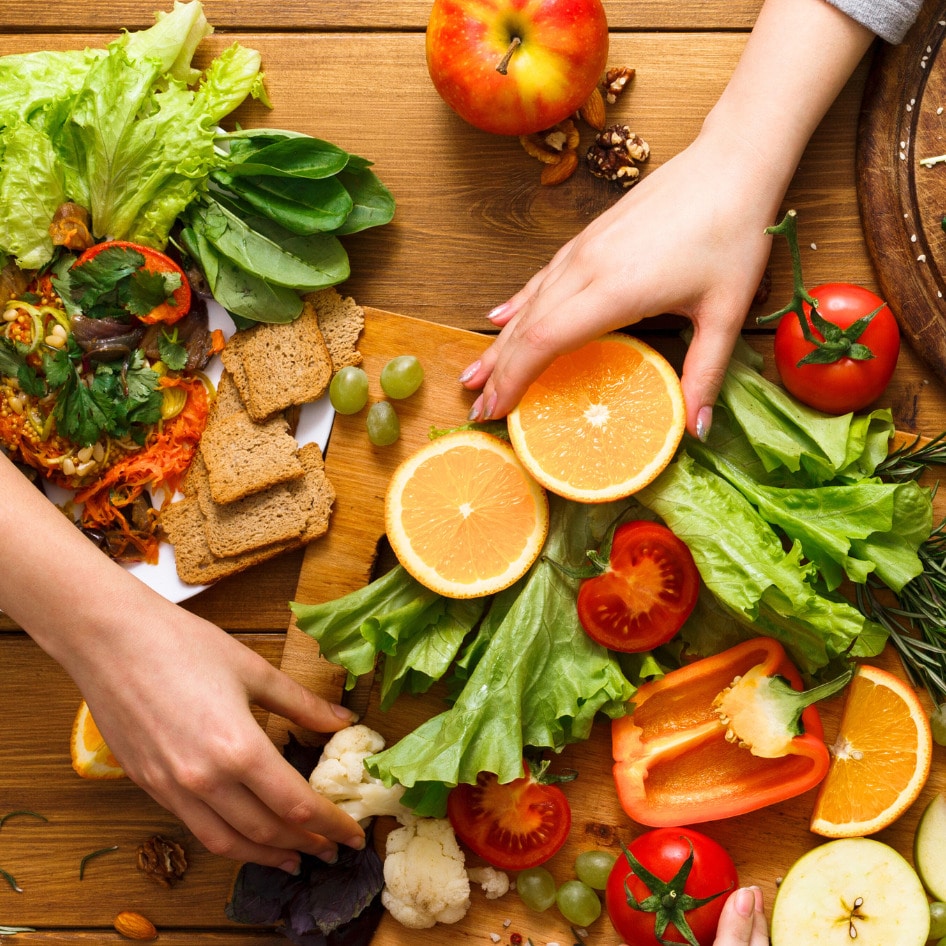The metal cans always caught the light beneath the flickering grocery fluorescents, nestled between aisles of sprouted bread and nutritional yeast. There, somewhere between the carob chips and organic carrots, sat Loma Linda. Not the town, but the vegan meat brand named after it—shelf-stable, plant-based canned meat analogues. Despite their unassuming packaging, those cans loomed large, suggesting something bigger was inside. Opening those cans was opening yourself up to possibility, to another way of eating, to a belief system—a time machine taking you both forward and back all at once.
Long before shelves were lined with Impossible burgers and Oatly oat milk, there were Big Franks and Prime Stakes, Tuno, and the intriguingly named FriChik. There they stood, unapologetically cylindrical, sterile, and strange. They reminded me of the alien-esque gefilte fish jars that lined the nearby deli. Both from another time, I thought, meant for another shopper, almost as if they’d been placed on the shelf for one person only, never to be touched by anyone else. But I noticed them—every time. I noticed the old-school labels, the retro typeface, the bit of dust perpetually on the cans. They sat there like messages in bottles washed ashore, sent from someone who saw where food was headed, someone who imagined a pantry of compassion and convenience long before I ever did.
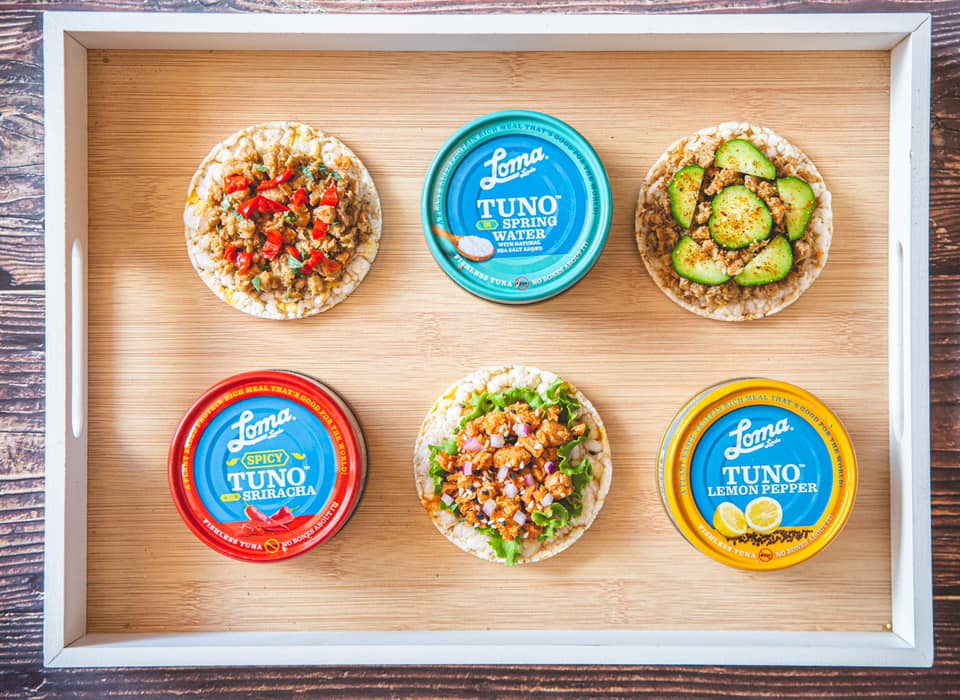 Vegan Essentials | Facebook
Vegan Essentials | Facebook
And now, that vision is being packed away.
Atlantic Natural Foods, the North Carolina-based owner of Loma Linda, has filed for Chapter 11 bankruptcy. The company listed between $10 million and $50 million in assets, and between $1 million and $10 million in liabilities, with over one hundred creditors. It was a blow felt mostly in silence.
Loma Linda has long been more than a brand; it is a spiritual artifact, a culinary gospel handed down by the Seventh-day Adventist Church, which first founded the Sanitarium Food Company in 1905 in Southern California. The church, known for its deep commitment to healthful living, vegetarianism, and longevity, used food as both ministry and medicine. It was the Adventists who helped popularize soy protein as a viable meat alternative in the region, creating a lineage that predates Beyond Meat and Impossible Foods by more than a century.
That history lives in Loma Linda, and in its namesake city, one of the world’s five recognized Blue Zones—regions where people live significantly longer, healthier lives than the global average. In Loma Linda, CA, many residents follow the plant-forward, Adventist tradition: no smoking, no alcohol, early dinners, long walks, and strong community ties. The average lifespan is nearly a decade longer than the US norm. And central to that wellness equation? Food. Not the seductive kind cooked over open flames on TikTok, but quiet, utilitarian nourishment. The kind of diet Michael Pollan summed up as “eat food, not too much, mostly plants.” The kind that, for more than a century, also sometimes came in cans.
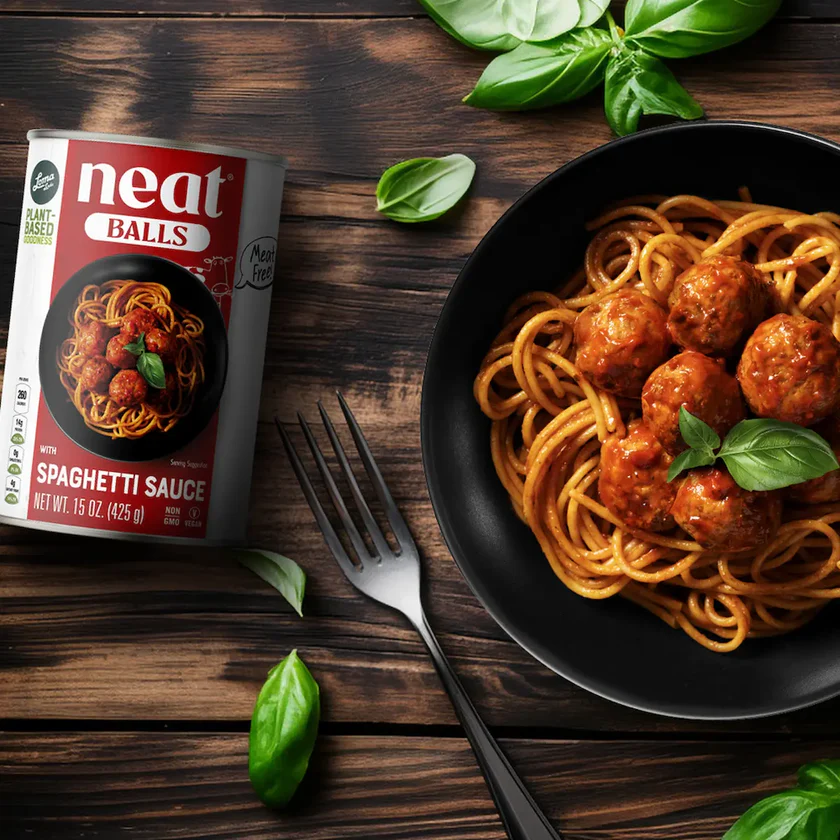 Loma Linda
Loma Linda
For decades, Loma Linda sat patiently on health food store shelves like altar offerings as the industry moved fast around it. Long before Whole Foods became a lifestyle, before Erewhon smoothies were celebrity shorthand for wellness, Loma Linda waited for those who sought it out. Back when natural food stores carried thick bars of soap that smelled of patchouli, bulk bins were full of lentils, macrobiotic booklets sat stacked near the register, and always, always there was a sense that what you ate had a higher purpose.
Loma Linda’s products were not fancy. They were not made to garner likes on Instagram. They were made to fuel a vision—one where the earth was treated gently, the body was a temple, and convenience did not mean compromise. There was such an earnestness to it, a kind of dated sincerity. And perhaps that is what doomed it. In a world now driven by clickbait cuisine, by velvet-textured veganism and faux-blood burger drama, Loma Linda fell victim to its own antiquity.
But does every prophet need to be popular?
BECOME A VEGNEWS VIP: Get exclusive product deals, freebies, and perks galore!
When Above Food, a Canadian company focused on regenerative agriculture, pulled out of a proposed $30 million acquisition of Atlantic Natural Foods in late 2024, the writing may have been on the wall. Rising food prices, lingering supply chain snags, and pandemic hangovers all contributed. And the brand—never flashy, never loud—could not compete in a market now saturated with bold-faced names and venture-backed marketing budgets.
Still, I mourn it. Not for the products, but for the principle. For the vision, an idea that was ahead of its time, for the shopper out there—a whole community, in fact—who would open a can of vegan meat and feel as spiritually fed as they were physically.
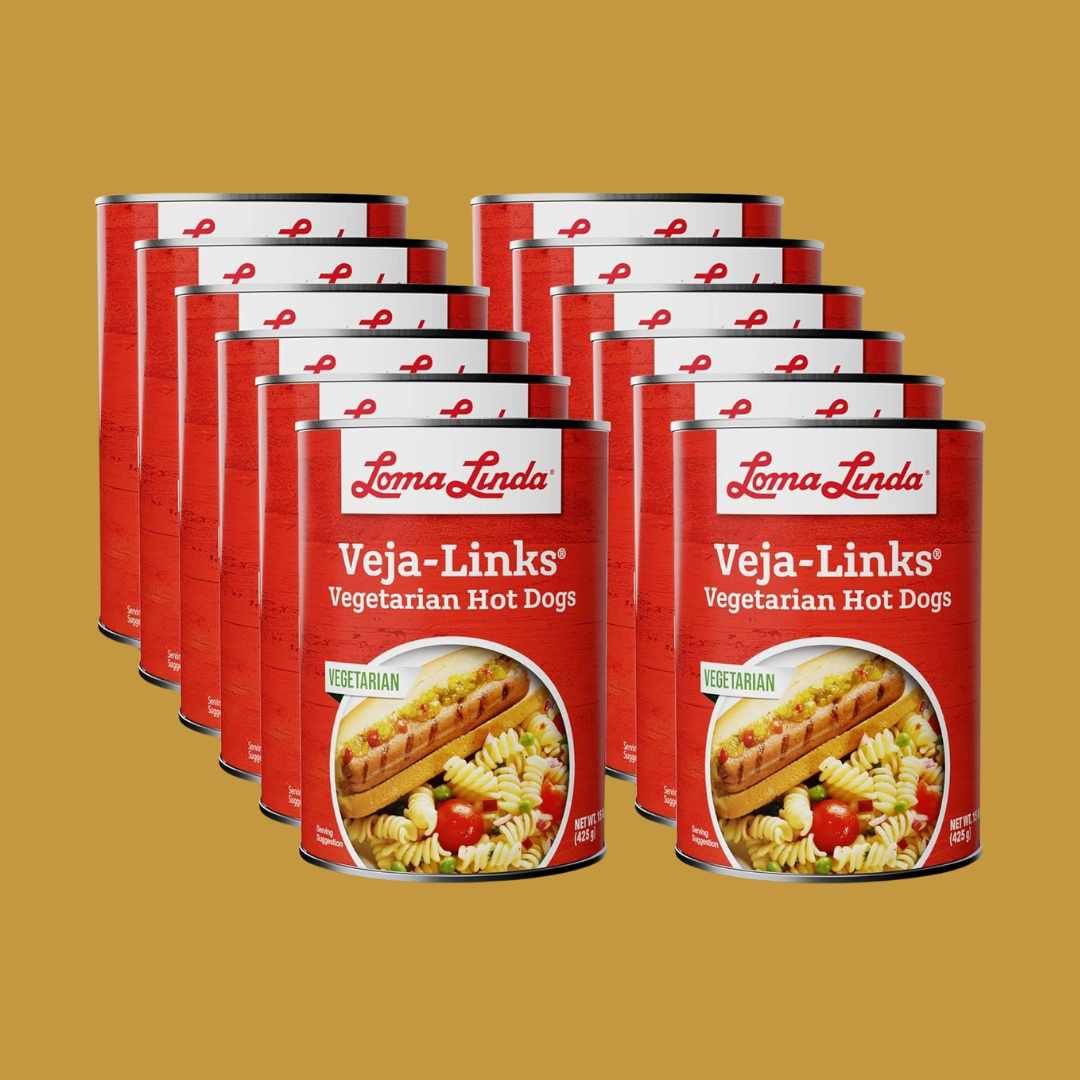 Loma Linda
Loma Linda
“We are drawing on tried-and-true food preparation and supply methods that have withstood the test of time to meet the needs of our global consumers,” Doug Hines, chairman of Atlantic Natural Foods, said in a statement to Food Business News last year. Those consumers, it seems—though they may need that kind of steady, principled offering now more than ever with tariffs and inflation pushing food prices ever higher—have moved on.
There is still hope, perhaps—hope that the company will emerge from bankruptcy, that consumers will once again embrace the simple nourishment, the convenience, the silly product names, that the cans will remain and quietly line shelves like they always have. But even if they disappear for good, the vision—a bit odd, a lot hopeful, and unfashionably fashionable in its own right—remains. It lingers like the scent of nutritional yeast and granola in the air of a dusty co-op, or, like the mysterious promise sealed inside a can and just waiting for someone to open it.
JUMP TO ... Latest News | Recipes | Guides | Health | Subscribe

